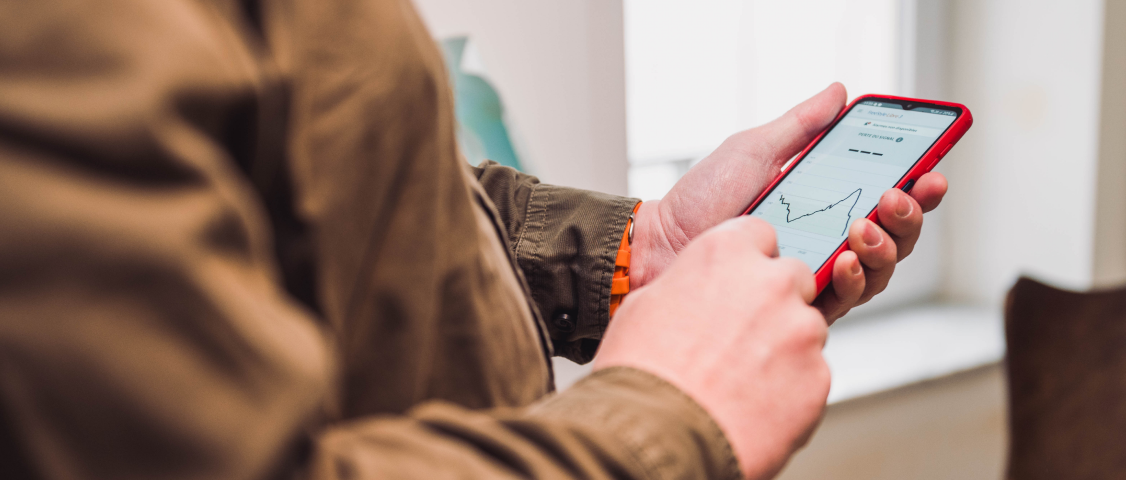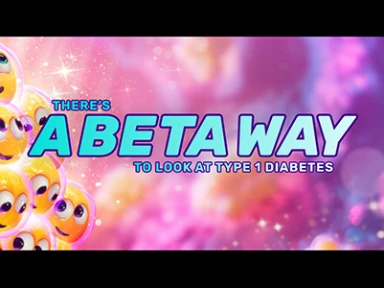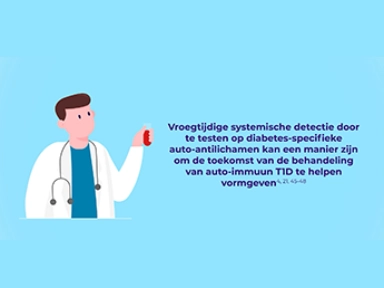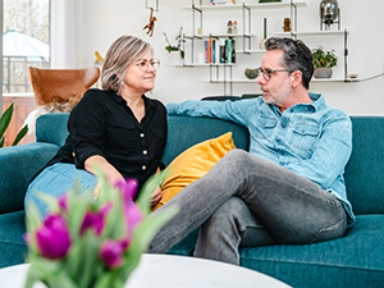Living with T1D for 25 Years: Philippe's Inspiring Journey
At the dawn of his fifties, Philippe has tamed the diabetes he has lived with for over 25 years, along with his initial fear of injections. For him, this disease represents "a turning point, not an end." He leads a life "like everyone else," multiplying passions and fully enjoying every moment.

Philippe: Living "With"
Philippe, 48 years old, single and originally from Arlon, Belgium, straightforwardly announces: "The hardest part is understanding that this diagnosis is forever. Your whole life, until the end." Diagnosed with type 1 diabetes at 19 during a simple medical visit as part of his construction engineering studies, he recalls the initial shock: "The day I was told I was insulin-dependent, I felt like my life was collapsing. I was sad, downcast. But after that day, I lived like anyone else: I went to student parties, often with excesses. I did a lot of sports and went on ski vacations... And in 25 years, I've never had any problems: I live with it!"
Philippe, the "Cyborg"
Step by step, Philippe learned to tame this new reality. "I have become somewhat of a cyborg!" he says jokingly, referring to his daily blood glucose checks that he monitors from his smartphone screen. "A cyborg is a mix of human and machine. Thinking about it, I've almost become that! Sure, monitoring your sugar level can be restrictive, but you can also turn it into a game. I try to stay stable between two numbers as often as possible. When I succeed, it motivates me to stay efficient in managing my diabetes."
Profoundly optimistic, Philippe believes in the future and the progress of artificial intelligence: "I eagerly await the day when a machine, as small as possible, can fully manage the disease and automatically inject the necessary doses based on my activities: whether it's sports, a walk with friends, or a day of work in front of a screen."
Overcoming the Fear of Injections
Passionate about building Legos, online dragsters racing, and badminton, Philippe admits that his beginnings were not easy: "At first, what scared me the most were the injections. I made a mountain out of it. But in the end, on a daily basis, it's nothing at all. The needles are tiny. What's a bit more annoying are the blood tests, but that's generally once a year..."
Adopted, Philippe knew nothing about his family history. It was only much later that he learned that his biological grandmother had died from diabetes. But for him, this diagnosis was a turning point, not an end. Philippe bounced back, little by little, and learned to live "with" the disease. "After a year or two, I fully integrated diabetes and didn't even think about it anymore. It is now part of my life. It's a part of me. We are linked to each other. I have it, I have it, and how I got it... I move forward!"

"I have a hypo, I'll call you back!"
At work, Philippe played his cards right from the start. "I told my employer right away. Everyone is aware. Yes, I sometimes have hypoglycemia, but I explained the situation. I have a reserve of sugary drinks within reach. My colleagues warn me if my alarm goes off. Fortunately, I have an intellectual job, behind a desk, with water nearby. It would surely be more complicated to manage in a physical job..."
He humorously recounts some anecdotes: "I've already found myself having a hypo in the middle of a meeting. You're there, you want to say something, and no way! The brain stops first in these cases. It lasts 10 minutes, the time to re-sugar myself, and then it passes. It even happened to me on the phone! I just told the person, 'I have hypoglycemia, I'll call you back,' he smiles.
Over time, Philippe found his bearings, learned to listen to his body, and anticipate the warning signs of weakness. His cat Izis, who has shared his daily life for 8 years, has also assimilated his glycemic fluctuations. "Two or three times, she woke me up in the middle of the night when I was hypoglycemic, where I hadn't even realized it myself."
Even in specific contexts, like ski vacations, his friends take care to ask him: "Are you managing with your sugar?" But he has never been treated as disabled: "It hasn't changed anything in my relationships." He also found sources of inspiration, like Alexander Zverev, the world number 2 tennis player, who also lives with type 1 diabetes. "It's a great example to show that nothing is impossible. You can even reach a level of competition; diabetes doesn't limit us."
De-demonizing the Disease to Live Better
For Philippe, the key is not to dramatize. "This disease has pushed me to adopt a certain lifestyle. The more regular I am, the better it is. I must continue to live fully and see the positive aspects." He also emphasizes the role of emotional state on diabetes: "Stress or sadness directly affects my glycemic curves. Conversely, if everything is fine, they are much more stable. This disease, this companion that follows me daily, I don't want to give it too much attention, just what it needs. My doctor really managed to convey this vision of de-demonizing the disease, to compose 'with'."
His message for those whose diagnosis has just fallen? "Don't stress. I've been living with type 1 diabetes for 25 years, and I can tell you that it's entirely possible to lead a normal life. If I want to eat a chocolate éclair or play sports, I do it! You have to live! And you can really have a beautiful life!"





